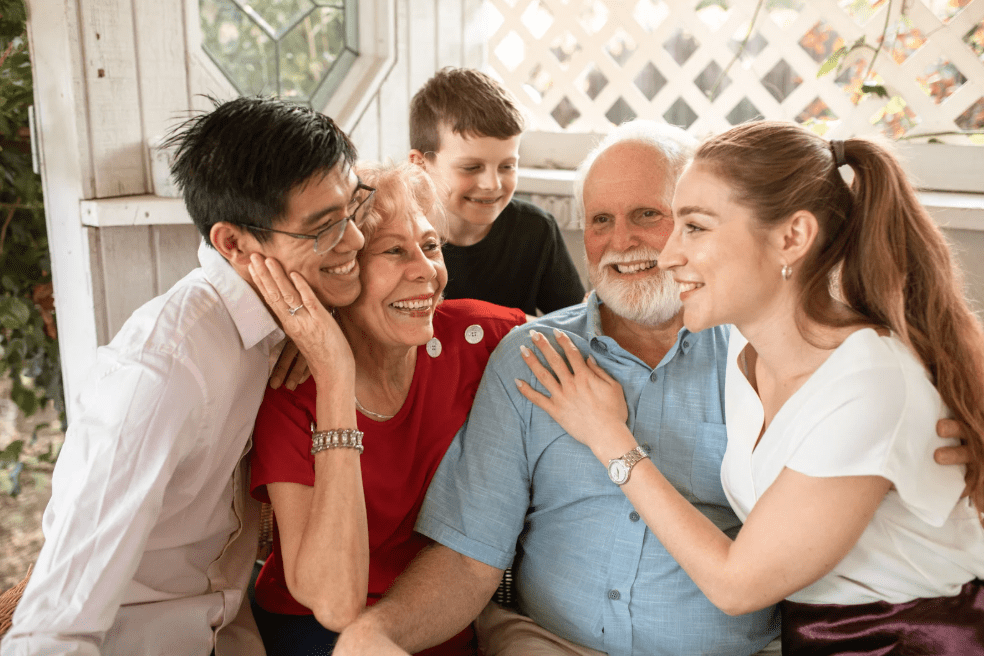Table Of Contents
Anxiety & Veterans
Anxiety is the most common health condition for military members. Between 2000 and 2001 the VA saw a 327% increase in reported anxiety disorders. While there are many beneficial experiences veterans gain from serving in the military, unfortunately, the job can also cause great mental stress. It is common for veterans to feel anger, fear, worry, and sadness when they return home.
Anxiety can reveal itself through both physical and emotional symptoms. Signs of anxiety include: increased heart rate, sweating and or clammy hands, feeling restless, trembling, difficulty breathing, feeling full in your throat or chest, feeling dizzy or lightheaded, stomachaches, nausea, difficulty sleeping, feeling on edge, irritable, worrying over daily decisions, fear of future occurrences, becoming distracted, struggling to concentrate, increased drinking or drug use, and or struggling to perform normal activities.
Types of Anxiety
- Generalized Anxiety Disorder (GAD) causes veterans to worry consistently and excessively about a myriad of different things. This worrying is often difficult to control and causes veterans affected to be concerned even without reasoning. GAD is often diagnosed when a veteran finds themselves unable to control their worrying more days than not for at least 6 months and has 3 or more symptoms.
- Panic Disorder causes veterans to unexpectedly experience an anxiety attack. These anxiety attacks can include heart palpitations, sweating, trembling, feeling as if choking, chest pain, nausea, dizziness, feeling of temperature shifts, tingling or numbness, and fear of losing control or dying.
- Social Anxiety Disorder (SAD) causes intense anxiety and or fear of being judged and rejected in a social scenario. Veterans with SAD often feel anxious in situations with other people, for example, crowded events or bars, and try to avoid those scenarios. Veterans affected can suffer from physical symptoms such as increased heart rate, nausea, sweating, tremors, etc.
- Specific Phobias causes veterans affected to irrationally fear specific objects or situations. Even if the person impacted is aware that their phobia is illogical they have no control over their reactions. Simply the thought of a specific phobia can cause anxiety. Thus, people affected often avoid their specific phobia. Common phobias include animals, insects, heights, germs, driving, flying, a medical procedure, elevators, or public transportation.
Anxiety Service-Connection Requirements
To have your anxiety service-connected, you must prove that 1) you have a current diagnosis of anxiety, 2) have evidence of an event in service that caused or aggravated either directly or secondarily your anxiety, and 3) provide medical evidence that links your anxiety to your in-service event.
Gathering all of this evidence can be overwhelming. Veterans Help Group have been helping veterans service-connect their conditions since 1995. If you’d like some support to get the benefits you deserve, please call at 855-855-8992 or chat with us online.

Veterans Help Group Serving Our Community
Veterans Help Group Serving Our Community By Bobbi Boudi, Director of Community Outreach & Amy...

How Much Back Pay Will You Receive?
What is VA Disability Back Pay? VA disability back pay is payment for benefits the veteran was...

Your Guide to VA Ratings: Sleep Apnea
Your Guide to VA Ratings: Sleep Apnea Sleep apnea can be a serious condition that may impact...





